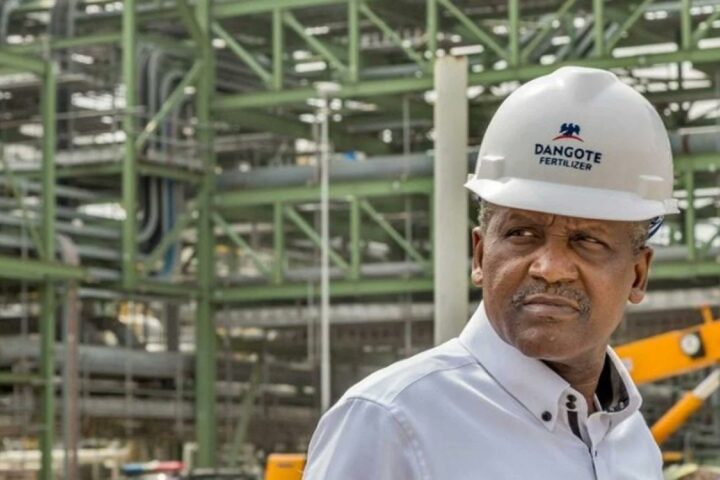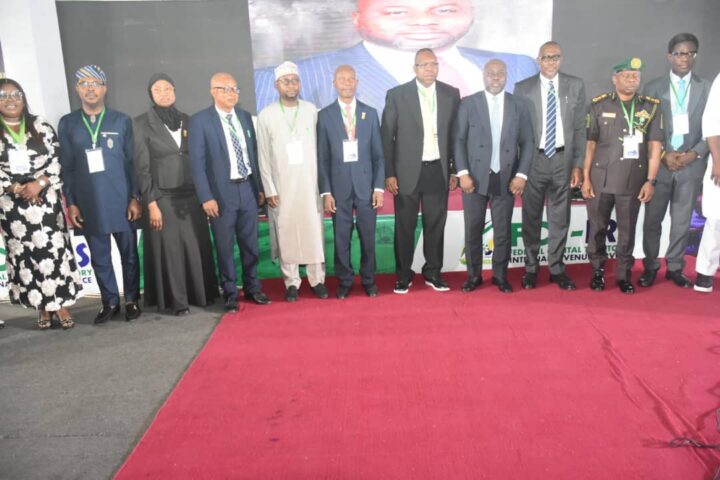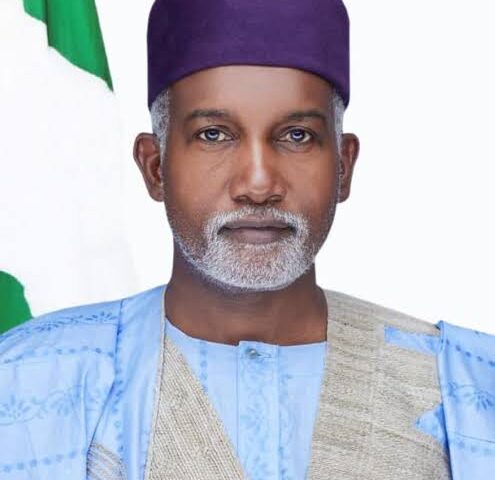Seplat Energy Plc, Nigerian energy company listed on the Nigerian Exchange and the London Stock Exchange, has said that its energy transition priorities remain to end flaring, monetise gas, displace diesel and biomass with cleaner fuel, extend along power value chain and target smaller scale gas-to-power customers.
Roger Brown, Seplat Energy CEO disclosed this while addressing global energy players at the Africa Energy Week (AOW) happening in Cape Town, South Africa.
In his keynote at the conference main stage themed: Energy Security in a Consistently Shifting Energy Landscape, he said: “As a leader in this space, our priorities a s far as energy transition is concerned, is to end flaring, monetise gas, displace diesel and biomass with cleaner fuel, extend along power value chain and target smaller scale gas-to-power customers, whilst exploring new opportunities.”
He noted that currently Seplat produces 300MMscfd, which is enough to power 1GW per day. The company ANOH and Sapele gas projects have the capacity to fuel another 2GW by 2024.
He added:“But we need to displace 20GW diesel generation with utility-scale gas-to-power / renewables. We will develop bottled gas products to displace biomass with cooking gas; and extend along value chain into power generation with gas and hybrid model”.
According to him, providing more affordable and reliable energy will boost Nigeria’s economy, drive development and create jobs.
He described the Nigerian market as a huge opportunity for the Company, noting that with a future population projected at 500 million people by 2050, Nigeria represents a huge investment opportunity across the entire energy sector.
He said improved domestic infrastructure, Increased export capability, Increased refining capacity, Increased gas-fired capacity, improved national grid, metering, billing, payments, renewables, and clean cooking displacing biomass were clear areas of value for businesses and the Nigerian people and government.
He said the development of Africa’s energy system offers major opportunities to stimulate the creation of decent jobs that require wide-ranging skills.
In the Sustainable Africa Scenario, 4 million energy-related jobs in total are created across the continent in the 2021-30 period, largely as a result of providing universal access to modern energy to households in sub- Saharan Africa and the rapid deployment of clean energy technologies, according to the IEA report.
The Seplat Energy CEO, who also spoke in a Panel Session dubbed: International oil companies: An insight into M&A activity on the continent, explained that Seplat Energy is an indigenous Nigerian operator having good relationships with government and communities; strong operating and safety record; well-funded balance sheet through prudent financial management and strong cash flow; internationally accountable through dual listings and good governance; and commitment to high Environment Social Governance (ESG) performance.

















